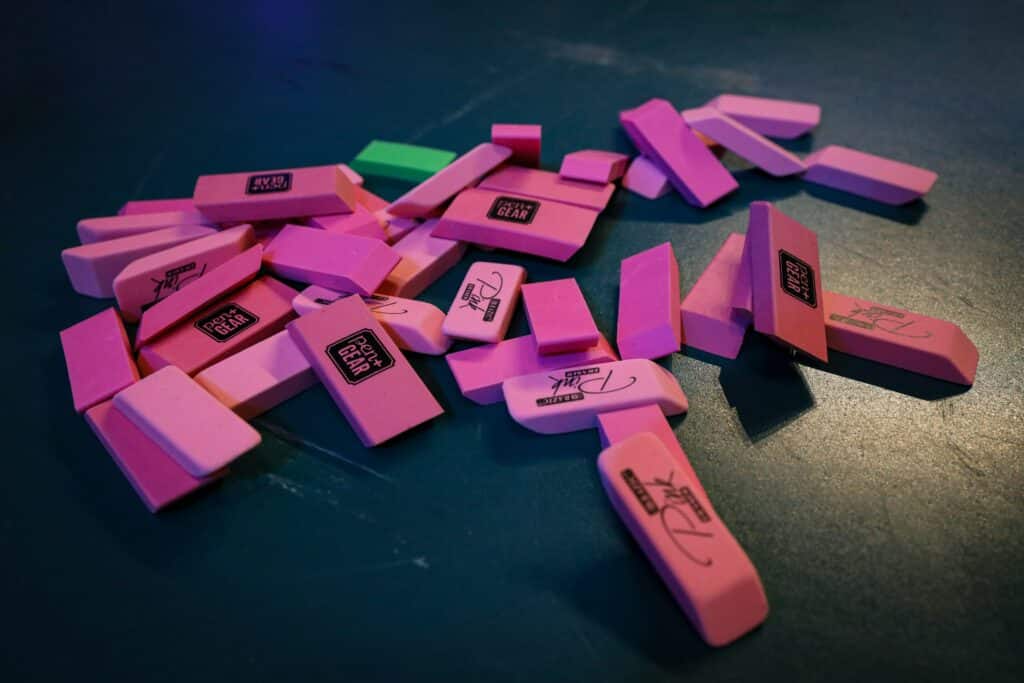Have you ever paused to consider how truly incredible your brain is? It’s an amazing operating system, running and regulating our body’s functions seemingly on autopilot while still having the capacity to store memories and continually learn new things. Like all of us, I love to learn new things and hate letting go at any point. I carry a vast amount of information—much of it useful, some of it not so much. I often joke that my brain is full. This makes me wonder if I can let go of some of the useless information and make room for new, more relevant knowledge. Is it even possible?
Learning new things is a transformative journey, but letting things go or “unlearning” them is rarely talked about. I find this interesting since letting go of outdated knowledge or old habits can be just as crucial as picking up new skills. Unlearning isn’t about forgetting something; it’s about actively changing or removing old patterns to make room for fresh ideas. This process is complex because our brains create pathways through repetition and reinforcement, making certain thoughts or behaviors our go-to. To change these, we need a good deal of conscious effort and patience, and let’s be honest, it’s hard work.
In many ways, it’s very good that our brains are sticky. That is what keeps us stable, consistent, and able to handle daily repetitive tasks. Once you learn how to ride a bike, drive, or even hit a golf ball badly, you don’t have to relearn it every day. This kind of efficiency is a lifesaver. Our brains also hold our long-held beliefs and values which shape our identity- our ability to retain keeps our sense of self solid and continuous. All very important things—it’s what makes us….us!
But the tenacity can be a downside, causing us to hold tight to outdated information or old habits that may hold us back personally and professionally. This can stunt our growth and sour relationships. So, striking the right balance is key. We need to appreciate our brain’s need for stability while also embracing the need to stay updated and adaptable. Creating environments that encourage questioning and revisiting old knowledge can help, whether that’s at school, work, or within our social circles. If you’re looking to apply these ideas in your daily life, start with mindfulness. It helps us spot our automatic thoughts and behaviors, paving the way for change. Also, stepping into new situations and listening to diverse viewpoints can challenge our old ways of thinking and help us unlearn.
In the end, managing our brain’s stickiness to old habits and information is crucial throughout our lives. By welcoming change, we equip ourselves to thrive in both familiar and new situations, armed with the best insights from the past and present. Supporting lifelong learning, both personally and societally, can turn the daunting task of unlearning into an opportunity for growth and innovation. This way, we keep evolving, staying open to new possibilities and ready to face what comes next.
“The illiterate of the future are not those who can’t read or write but those who cannot learn, unlearn, and relearn.” – Alvin Toffler
Are you ready to clear out the mental clutter and make room for new ideas and opportunities? Share your thoughts and experiences with unlearning in the comments below or join our community discussion to connect with others on the same journey. Let’s embrace the challenge of unlearning together and see what new growth we can inspire!
Have a great weekend!!!
-Vijay
